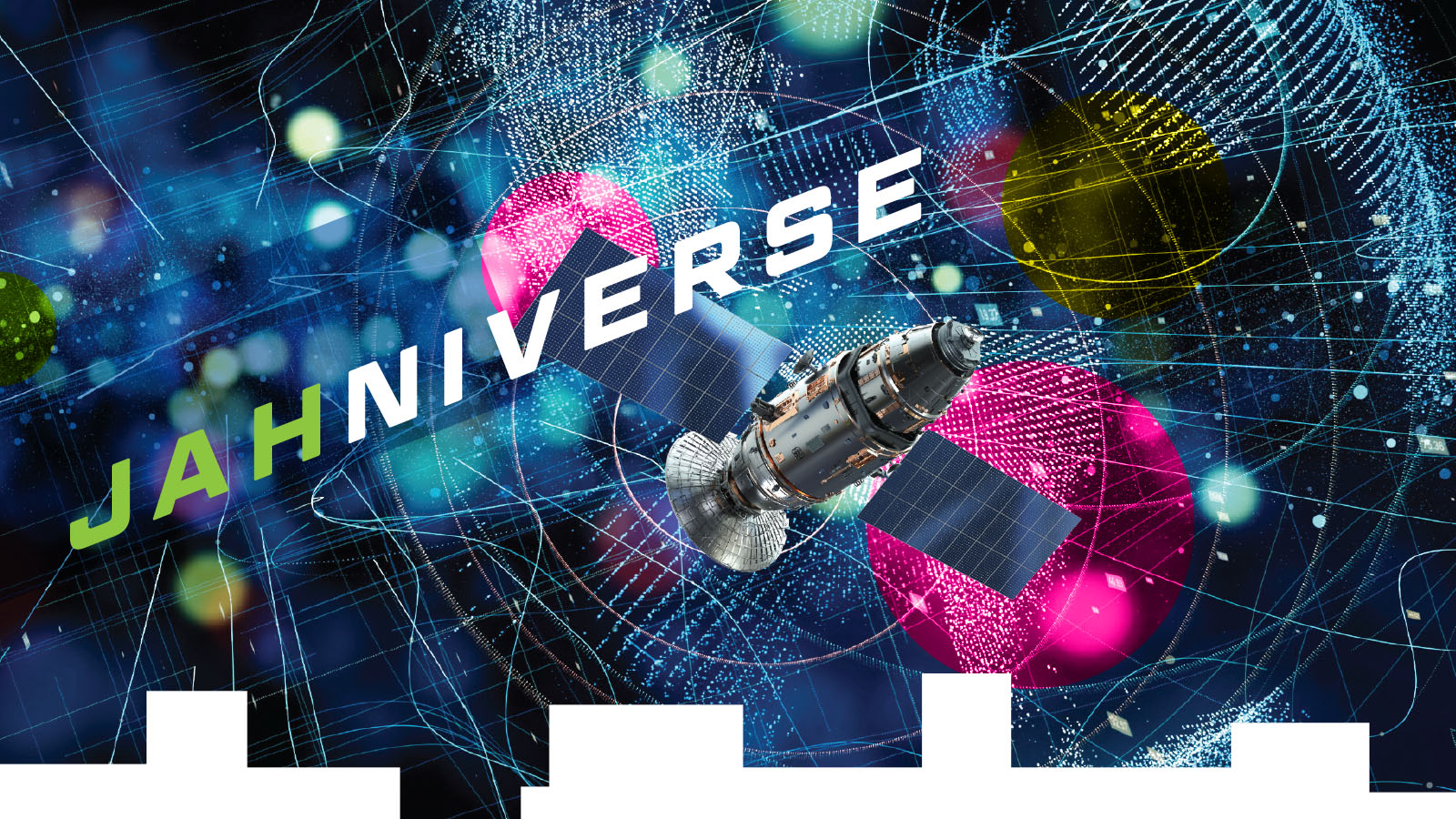Stay Up to Date
Submit your email address to receive the latest industry and Aerospace America news.
We’ll know we’re a space-faring species when rockets and spacecraft become normalized as modes of transportation on the same list with planes, trains and automobiles. July’s historic space tourism flights could go down in history as steps toward that normalization, provided we can quickly settle the question of who should get to call themselves astronauts.
Minutes after landing, Richard Branson famously declared he and his fellow passengers were now astronauts, going so far as to have former Canadian astronaut Chris Hadfield pin Virgin Galactic astronaut wings onto each one of them. Likewise, Jeff Bezos declared himself and his passengers as astronauts.
So are they?
Not in my view. They are spaceflight passengers, and there should be no shame in that. I have many friends who are airline pilots, and when they aren’t flying the aircraft, they sit somewhere in the cabin with people like me, as passengers. If you are an astronaut by trade, nothing precludes you from being a passenger at times too, such as when riding to and from the International Space Station on an automated craft.
In this debate, I’m not suggesting that we shake our fists at the sky because billionaires have achieved yet another thing in exclusivity and now want the astronaut title too. We should celebrate these flights as steps on the natural path toward space travel becoming commonplace.
So “booya” to Branson, Bezos, their families, friends and employees for these important steps. But if you go to space on a joy ride, that does not make you an astronaut. The FAA, which has the power to award “Commercial Space Astronaut Wings” to space flyers, seems to hold a similar view. Effective July 20, which happened to be the day of Bezos’ flight, recipients must have conducted “activities during flight that were essential to public safety, or contributed to human space flight safety,” the FAA said.
Though perhaps it’s not discussed as much as it should be, being an astronaut comes with serious responsibilities. The Outer Space Treaty of 1967, considered the Magna Carta Libertatum of International Space Law, states that “astronauts shall be regarded as the envoys of mankind.” An envoy is defined as an official representative of one entity or organization to another. Personally, I would find it a stretch to regard billionaires as official representatives of humanity regarding our extraterrestrial activities.
The treaty’s wording about astronauts and their responsibilities should not be taken lightly. Governments, not private citizens, bear legal liability for how people behave and conduct operations in space.
You might have noticed that I haven’t addressed what altitude one must reach to become an astronaut. That’s because altitude is much less important than what one does in space. Jeff Bezos and the New Shepard passengers crossed the Kármán line 100 kilometers (62 miles) above mean sea level, the invisible boundary recognized by the Fédération Aéronautique Internationale as the start of space. That feat does not make them any more astronaut-like than the Branson passengers who settled for crossing the 50 mile (80 km) threshold recognized in the United States as the start of space.
I hope being called a passenger doesn’t dissuade more rich people from taking these trips. In every other domain, land and sea, before humans traveled routinely, those most resourced led the way. So, praise everyone making space more accessible to more people. However, when we explored land and sea, evidence shows that we did so to the detriment of the environment.
So, we must continue to excitedly explore space and concurrently engage in behaviors and activities that maximize environmental protection and sustainability. Additionally, the only way that humanity can extend its expiration date as a species will be to figure out how to thrive elsewhere in the universe. Our expiration date could come as a result of several sources, from being too slow to address climate change, to a rogue asteroid wiping us out like the dinosaurs, or eventually, our sun going boom. Staying on Earth spells a guaranteed end for us, so we all need to get behind environmentally responsible space exploration.
About Moriba Jah
Moriba is a professor at the University of Texas at Austin and chief scientist at Privateer. He helped navigate spacecraft at NASA’s Jet Propulsion Lab and researched space situational awareness at the U.S. Air Force Research Laboratory, and is an AIAA fellow.
Related Posts
Stay Up to Date
Submit your email address to receive the latest industry and Aerospace America news.




